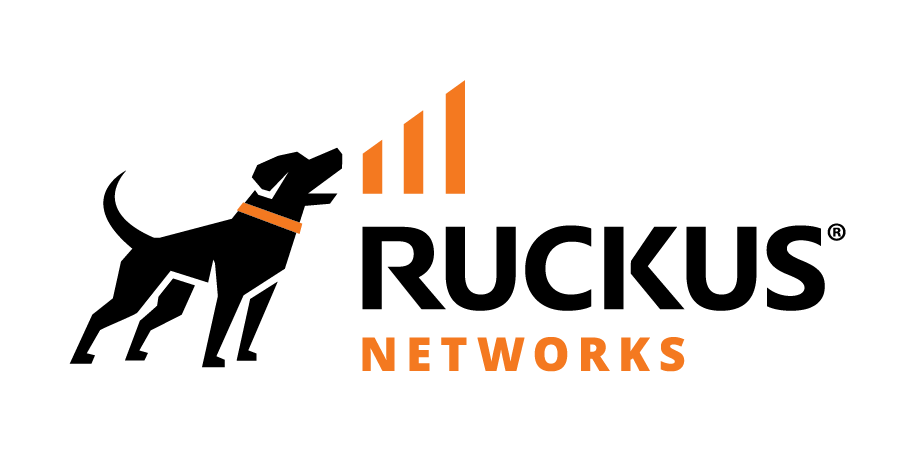- Community
- RUCKUS Technologies
- RUCKUS Lennar Support
- Community Services
- RTF
- RTF Community
- Australia and New Zealand – English
- Brazil – Português
- China – 简体中文
- France – Français
- Germany – Deutsch
- Hong Kong – 繁體中文
- India – English
- Indonesia – bahasa Indonesia
- Italy – Italiano
- Japan – 日本語
- Korea – 한국어
- Latin America – Español (Latinoamérica)
- Middle East & Africa – English
- Netherlands – Nederlands
- Nordics – English
- North America – English
- Poland – polski
- Russia – Русский
- Singapore, Malaysia, and Philippines – English
- Spain – Español
- Taiwan – 繁體中文
- Thailand – ไทย
- Turkey – Türkçe
- United Kingdom – English
- Vietnam – Tiếng Việt
- EOL Products
- RUCKUS Forums
- RUCKUS Technologies
- Access Points
- Re: 80211b legacy devices impact on 802.11AC envir...
- Subscribe to RSS Feed
- Mark Topic as New
- Mark Topic as Read
- Float this Topic for Current User
- Bookmark
- Subscribe
- Mute
- Printer Friendly Page
80211b legacy devices impact on 802.11AC environment
- Mark as New
- Bookmark
- Subscribe
- Mute
- Subscribe to RSS Feed
- Permalink
- Report Inappropriate Content
10-28-2019 11:37 PM
I have a healthcare client that is a high care facility currently running 802.11N AP's soon to be replaced with 802.11ac's
They are about to retire their existing cable based Nursecall System with a 3rd party product that only operates on 802.11b. At present all devices (Laptops, Tablets, Vocera Badges) connected to the AP's are 802.11n capable so transaition to the higher rate AP's wasnt going to be an issue.
What is the impact of having legacy devices running 802.11b when all others run at higher rates? The WIreless LAN has run flawlessly for 5 years since installed, and my concern comes from my limited understanding of what I saw with a Ruckus deployment at an equivalent site where the Ruckus units would ramp down to accomodate the 802.11b devices then after a period ramp back up to 802.11n. This lag time affected other services on the site such as Telehealth Video Conferencing (*where a patient was engaged in a consult with a GP or specialist Dr via viedo link attached to the Wifi)
Is there a deadline for 802.11b to be EOL by the IEEE or Wifi Alliance? SHould I be concerned?
- Mark as New
- Bookmark
- Subscribe
- Mute
- Subscribe to RSS Feed
- Permalink
- Report Inappropriate Content
10-29-2019 04:22 AM
Much of what you ask is dictated either by the IEEE802.11 standard and/or the laws of physics.
In a 'standard' Wi-Fi network, when an 802.11b client joins, ALL devices are effectively limited to 802.11b speeds (max 11Mbps).
However Ruckus introduced a technology called "Airtime Fairness" that mitigates much of the negative impact of an 802.11b client joining. Please see: https://support.ruckuswireless.com/articles/000002008
I would recommend connecting the 802.11b devices on a separate WLAN. This won't prevent the speed impact issues described in the above article, however it will allow you to manage the network settings for the legacy devices. E.g. https://support.ruckuswireless.com/articles/000009669
Personally, I don't believe the IEEE or Wi-Fi alliance will EoL the 802.11b protocol as there are still a lot of devices in use that require it. However it would certainly be best to retire the legacy devices as soon as possible to allow your network to achieve the best performance.
I hope that helps.
Thanks,
Darrel.
- Mark as New
- Bookmark
- Subscribe
- Mute
- Subscribe to RSS Feed
- Permalink
- Report Inappropriate Content
10-30-2019 05:42 PM
The product is a Nursecall System called Alexys here in Australia and they are still producing a product that runs in the 802.11b. I've been suspicious of vendors who have a "reluctance" to move with the times seeing it as an indicator that the product development has stalled or the vendor simply cant keep up with developments in new tech.
Sadly the Board of Dir's for the client made the call on the vendor without much consultation, so were stuck with it. Perhaps its a little paranoia on my side too given the Wireless environment has been issue free for 5 years with every piece working nicely and logs being a very very boring read 🙂
- Mark as New
- Bookmark
- Subscribe
- Mute
- Subscribe to RSS Feed
- Permalink
- Report Inappropriate Content
10-30-2019 08:00 AM
Think you need to dig deeper to work out what will be affected. Are the SSID's for Tablets, Laptops & Vocera badges configured to use 2.4 & 5GHz or just one? For example, the Vocera badges will most likely only be configured to use 1 band.
Once you know what devices are using what band, then you will be in a better place to scope the extent of the impact. To be clear though, the presence of 802.11b capable clients on your network will degrade the 2.4GHz performance.
- Mark as New
- Bookmark
- Subscribe
- Mute
- Subscribe to RSS Feed
- Permalink
- Report Inappropriate Content
10-30-2019 05:44 PM
-
Access points
1 -
AP Controller Connectivity
2 -
AP Management
6 -
AP migration
1 -
Authentication Server
1 -
cli
1 -
Client Management
1 -
Firmware Upgrade
2 -
Guest Pass
1 -
I live in
1 -
Installation
3 -
IP Multicast
1 -
mounting
1 -
Poe
3 -
Proposed Solution
2 -
R320 SLOW SPEED
1 -
R550
1 -
R610
1 -
R650
2 -
R750
2 -
Ruckus
1 -
Security
1 -
SmartZone
1 -
Solution Proposed
2 -
SSH
1 -
T710
1 -
Unleashed
1 -
User Management
1 -
Wireless Throughput
1 -
WLAN Management
1 -
ZoneDirector
1
- « Previous
- Next »

